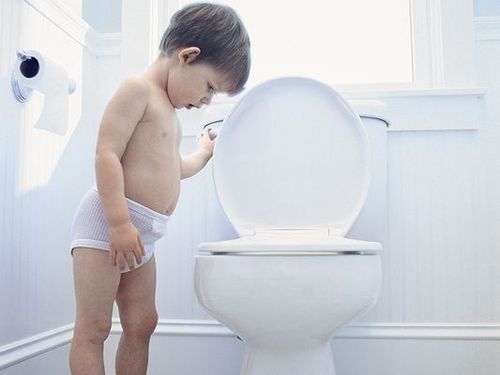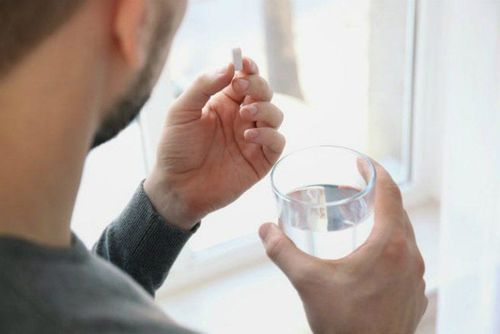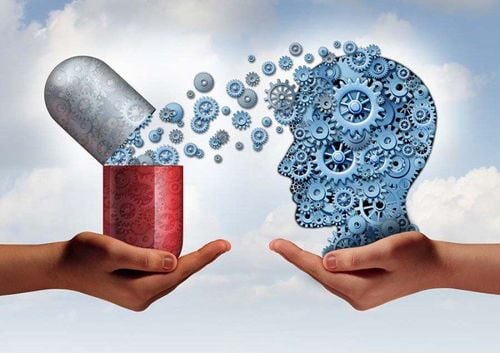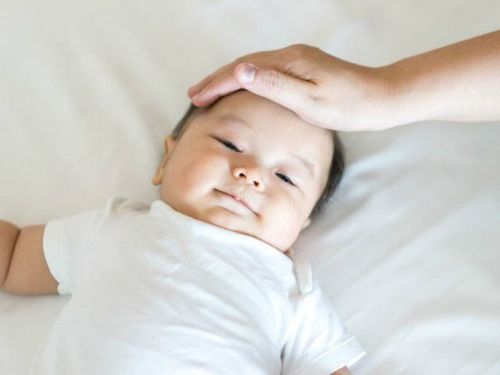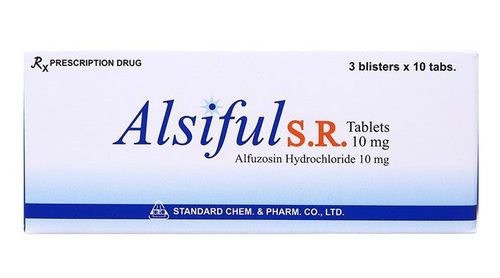This is an automatically translated article.
The article was written by Doctor Dao Hong Nam - Traditional Medicine Doctor, Traditional Medicine Unit - Vinmec Times City International General HospitalUrinary retention is a condition in which urine remains in the bladder but is not able to urinate or does not empty completely. Urinary retention belongs to the scope of Long (Lung) control of traditional medicine.
1. Causes of urinary retention?
Causes of urinary tract compression: Kidney stones or bladder stones, compression tumors, urethral strictures, prostate enlargement Causes not due to urinary tract compression: Pelvic trauma, natural postpartum, disease impaired nerve, muscle or nerve function. According to the theory of traditional medicine, urinary retention consists of two causes: evidence of failure and evidence: Evidence: due to low temperature, the fire in the center of the bowel accumulates in the bladder, causing the bladder's mechanics to be obstructed, causing urinary retention. . Damage: due to kidney qi failure, blood loss, fire failure, making the bladder gaseous and not open. Or due to trauma, trauma after surgery, spinal anesthesia, after childbirth, the bladder muscle is damaged, causing urinary retention. >>> Urinary retention: Causes, treatment
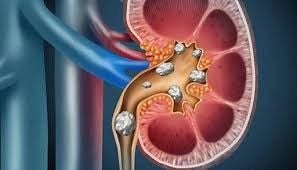
2. Urinary retention includes acute urinary retention and chronic urinary retention
Acute urinary retention: Pain and discomfort in the lower abdomen, depending on the severity, can be intense or dull, urge to urinate but cannot urinate, discomfort and urge to urinate. Chronic urinary retention: Urinating many times a day (more than 8 times), urinating incessantly, having just finished urinating and wanting to go again, weak or interrupted urine stream, mild and constant discomfort in the lower abdomen.
3. Diseases of urinary retention according to traditional medicine
Low temperature: Difficulty urinating, tight lower abdomen, dark yellow urine, thirst, active pulse. Kidney qi failure: urinary frequency, difficulty urinating, weak urine stream, inability to urinate, irritability, fatigue, cloudy urine, weak pulse. Trauma: Common after trauma or surgery. symptoms of dysuria, inability to urinate, full lower abdomen, palpable bladder bridge.
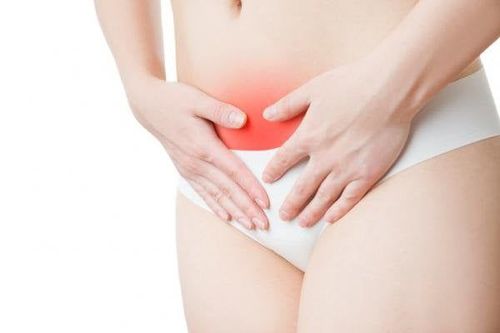
4. Treatment
Modern medicine: Depending on the cause of the disease, different treatment methods are applied: surgery, urethral stents, bladder drainage, urethral dilation, prostate medication. Traditional medicine: Depending on the type of disease, the doctor appoints acupuncture, acupressure, and traditional medicine. Currently, acupuncture for urinary retention is a safe and effective treatment method, trusted by many patients and loved ones.
5. Indications for acupuncture
Urinary retention not caused by compression: Stones, tumors, narrowing of the urethra...
Commonly used acupoints: Quan Nguyen, Khuc Co, Trung Chi, Thuy Dao, Lan Mon, Thu Lieu, Bang Du, Tam Chord, Conlon.
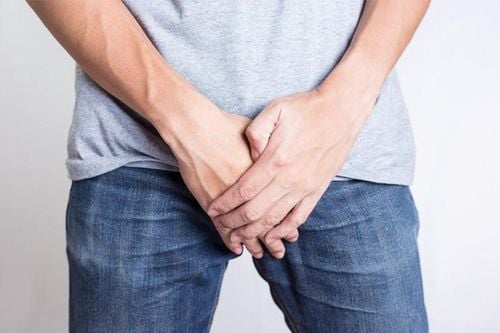
6. Traditional Medicine Unit – Vinmec International General Hospital
The unit was founded based on the quintessence and inheritance of traditional and modern medicine in examination and treatment, with the aim of bringing the best options to customers. Here with a team of Doctors, Doctors have many years of experience in the field of Traditional Medicine.By a combination of medicinal methods of natural and traditional origin, along with non-pharmacological treatments such as nutrition, acupuncture, massage, acupressure... The unit has successfully treated. works for many patients with different diseases.
Please dial HOTLINE for more information or register for an appointment HERE. Download MyVinmec app to make appointments faster and to manage your bookings easily.





